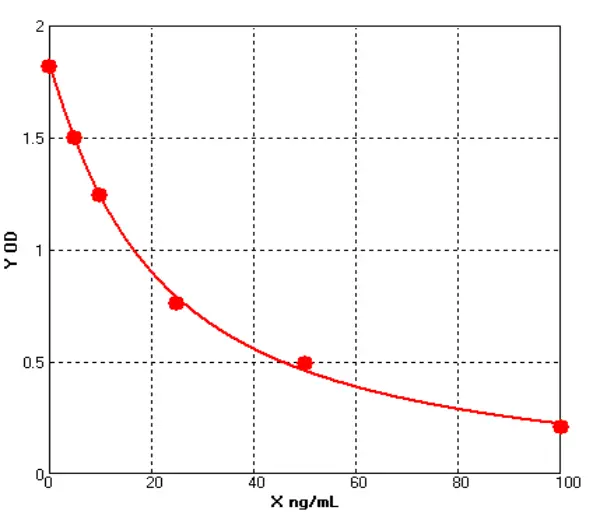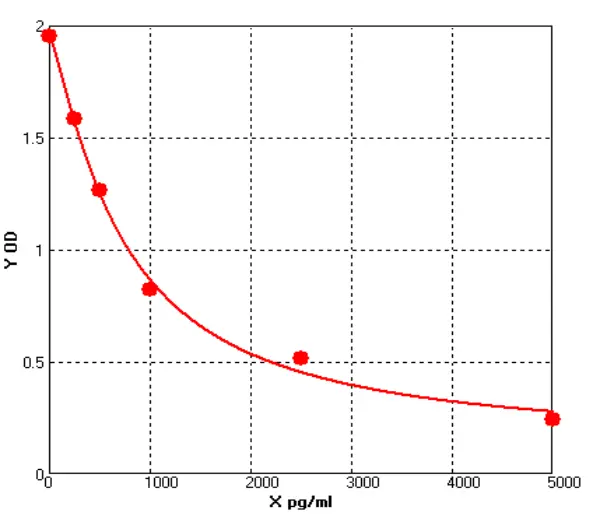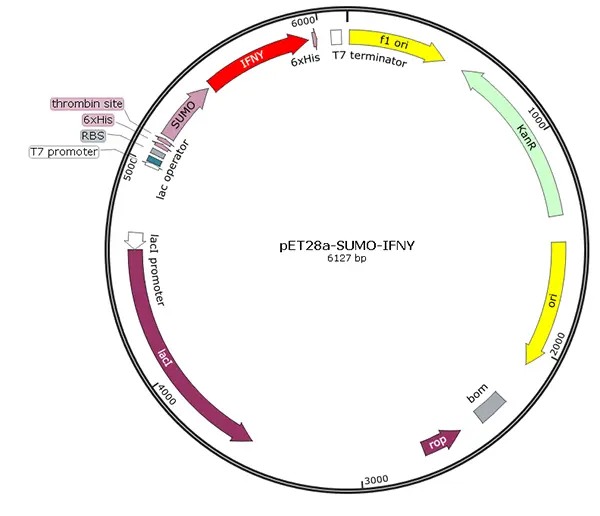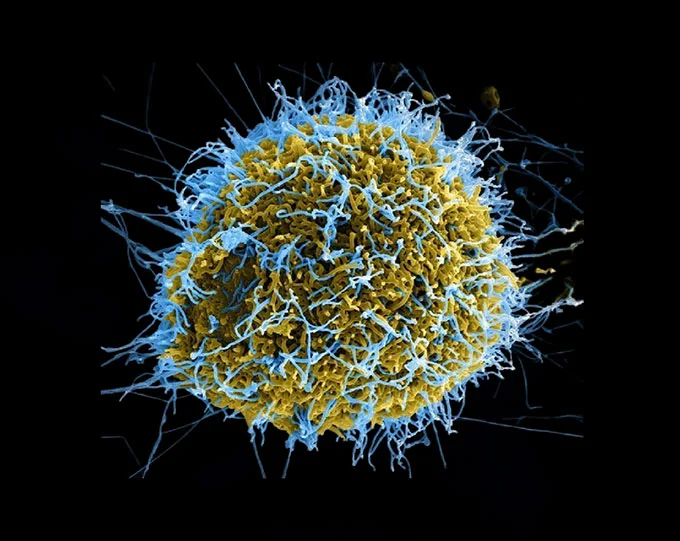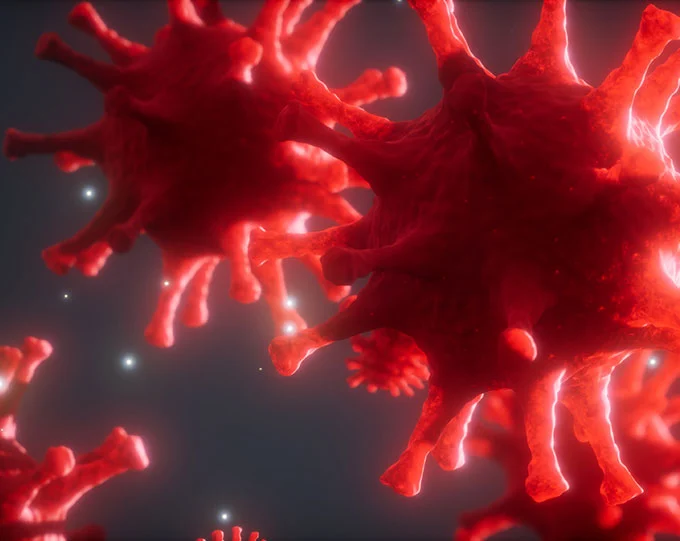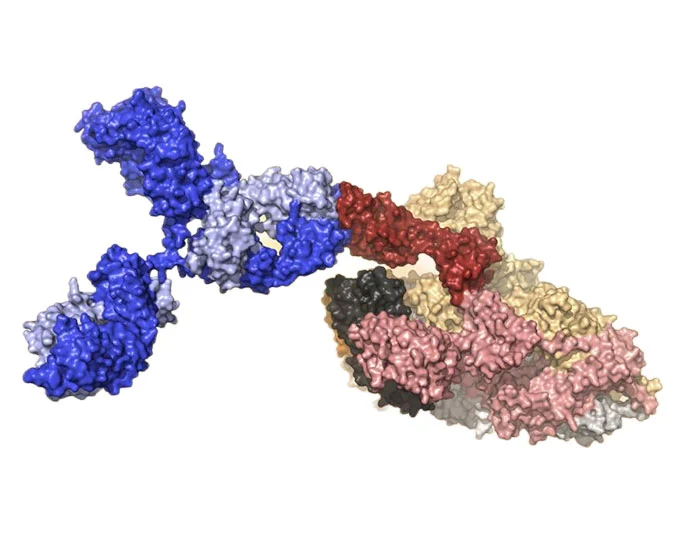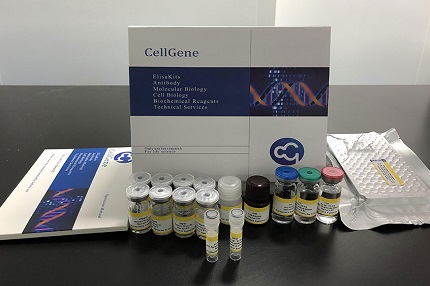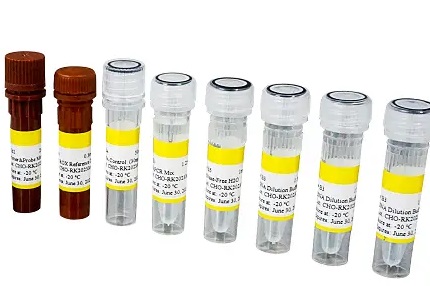- Host Cell Protein Detection Kits
- Host Cell DNA Residue Detection Kits
- Antibodies
- Recombinant Proteins
- ELISA Kits
- Cellular Component Protein Library
- Plasmids
- Promotions
-
Exhibition review | The 6th BIONNOVA BioPharma Innovators Summit & Expo Successfully Concluded at Shanghai Science Hall on April 9-10, 2025
Symposium HighlightsThe summit comprehensively addressed critical topics across biopharmaceutical R&D and manufacturing, including:Therapeutics Development: Antibody drugs, antibody-drug conjugate...
Apr.24, 2025Read More > -
Epinephrine ELISA: Sensitive and Reliable Quantification of Epinephrine
Principle of the Epinephrine ELISAThe Epinephrine ELISA can be used for the in vitro quantitative detection of epinephrine in human plasma and urine. The Epinephrine ELISA utilizes a sandwich method p...
Apr.24, 2025Read More > -
NS0 Host Cell DNA Origin and Control
NS0 host cell DNA refers to the deoxyribonucleic acid (DNA) of NS0 cells (mouse myeloma cell line) used as hosts in the production of biological products (such as antibodies and other protein drugs).N...
Apr.22, 2025Read More >
BlueGene Biotech's Research For Cancer
In medicine, it is the most common type of malignant tumor, that is, malignant tumor originating from epithelial tissue. The etiology of cancer can be divided into exogenous and endogenous factors.
Biological Characteristics of Cancer
Cancer has many biological characteristics such as abnormal cell differentiation and proliferation, uncontrolled growth, invasion and metastasis, and others. Its occurrence is a complex process with multi-factor and multi-step, and it can be divided into three processes: carcinogenesis, promotion and evolution. It is closely related to smoking, infection, occupational exposure, environmental pollution, unreasonable diet and genetic factors. The etiology of malignant tumors is not fully understood.
Current Research for Cancer
At present, the relatively clear factors related to cancer can be divided into exogenous and endogenous. Exogenous factors include living habits, environmental pollution and occupation, natural and biological factors, chronic stimulation and trauma, and iatrogenic factors. Endogenous factors include genetic factors, immune factors and endocrine factors.

